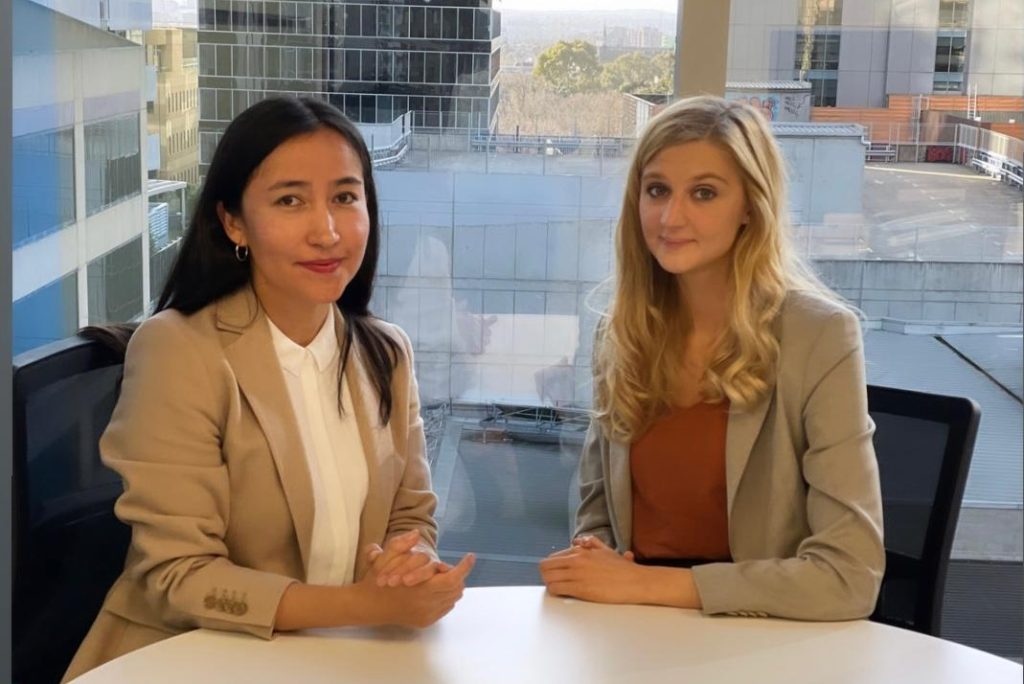The Ham Diley Campaign
The Ham Diley Campaign is a grassroots initiative which came together in response to the Taliban’s violent return to power in Afghanistan in 2021.
Ham Diley [همدلی] stands for empathy or solidarity in Persian. We are a collective of persons from the Afghanistan diaspora and allies who stand up against violence in all its forms. This includes targeted killings and torture, as well as structural violence, such as the eradication of women and girls from all aspects of public life.

We recognise that violence affects persons of intersecting identities, and that it often targets persons of particular ethnicities, religion, political opinion or affiliation, gender and gender identity, sexual orientation and disabilities.
The lack of accountability for international crimes, including so-called ‘atrocity crimes’ —including genocide, crimes against humanity and war crimes — is a key driver for the Ham Diley Campaign. Despite being one of the world’s longest running conflict, there have been decades of impunity for atrocity crimes in Afghanistan. With impunity, there can be no sustainable and lasting peace.
So long as the Taliban remains in power, accountability within Afghanistan, especially for allegations of crimes committed by Taliban members or members of affiliated groups, is not possible. This is evidenced by the Taliban’s dismantling of many key institutions crucial for accountability, notably a functioning justice system and the rule of law.
Ham Diley is pursuing a range of efforts to seek accountability for atrocity crimes in Afghanistan. One such initiative has been to explore the potential and challenges of holding members of the Taliban accountable through the principle of universal jurisdiction. This resulted in the Handbook on Universal Jurisdiction accessible through our website.
While members of the Taliban and affiliated groups are not the only actors which must be held accountable for atrocity crimes in Afghanistan, we decided to focus upon these groups in the Handbook given the current situation which makes accountability for alleged crimes by these actors particularly difficult. We remain committed to the pursuit of accountability for crimes committed by other actors as well where it may not be necessary to rely upon the principle of universal jurisdiction.
As a small initiative, we are reliant upon building networks of allies and supporters to join our efforts. We are actively seeking funding to continue our work. Since 2021, we have been fortunate to be collaborating with the Monash University Clinical Legal Education program through which we have received valuable assistance from Monash Law students.

